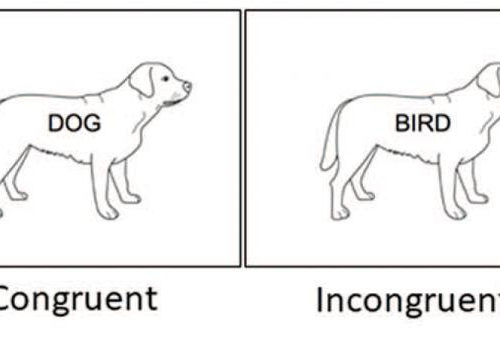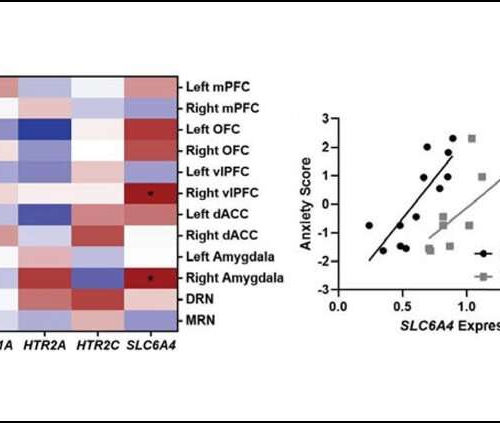by Len Canter, Healthday Reporter (HealthDay)—As much as people often love to talk about their feelings, it might be more productive to skip the conversations and write about your worries instead, according to research done at Michigan State University (MSU). The research, published in the journal Psychophysiology, provides the first neural evidence of the benefits...
Tag: <span>Anxiety</span>
Body’s natural cannabinoid may erase traumatic memories
Scientists from Leiden University in the Netherlands have shown that anandamide — a natural cannabinoid produced by the brain — could help people to forget traumatic memories and reduce stress levels. A recent study investigates the effects of a natural cannabinoid. Cannabinoids are chemical compounds found in the cannabis plant. One of the most notable...
Depression symptoms linked to reduced cognitive control in people with autism
According to a UC Davis study, adolescents and young adults with autism spectrum disorder (ASD) and those with typical development show similar proactive cognitive control. However, symptoms of depression in individuals with autism were linked to less proactive control. Cognitive control refers to a set of mental processes that coordinate thoughts and behaviors to fit...
Body’s own marijuana helps us forget traumatic memories
by Leiden University The endogenous compound anandamide—often referred to as the body’s own marijuana—plays a role in erasing memories of a traumatic event. This was discovered by an international team led by Leiden chemist Mario van der Stelt. The results have been published in Nature Chemical Biology and may provide a starting point for the...
Why some people are more prone to anxiety
by Society for Neuroscience Gene expression of the serotonin transporter gene (SLC6A4) in the right amygdala and vlPFC correlated with anxiety-like behavior in the human intruder test. Credit: Quah et al., JNeurosci 2020 Anxiety-prone people can blame serotonin cleanup proteins gone awry in their amygdala, according to research in marmosets recently published in JNeurosci. Targeting...
How physical therapists can aid COVID-19 patients’ recovery after ICU
by David J. Hill, University at Buffalo At least half of all patients who survive treatment in an intensive care unit will experience at least one of a triad of problems associated with post-intensive care syndrome, or PICS, and this may be true for people recovering from COVID-19 following ICU care. PICS can manifest as...
Study among first to explore link between antidepressants during pregnancy and child development in kindergarten
by University of Manitoba Children whose mothers had depression and took serotonergic antidepressants during pregnancy have an increased risk of deficits in language and cognition, compared to children of mothers who had depression during pregnancy and did not take antidepressants, according to findings in a new University of Manitoba study published today in Pediatrics, the...
What you need to know about Ménière’s disease
What you need to know about Ménière’s disease Treatment Symptoms Stages Complications Diet Causes Diagnosis Summary Ménière’s disease is a condition that causes vertigo, tinnitus, and progressive deafness. There is no cure, but some treatments can ease the symptoms. According to the National Institute on Deafness and Other Communication Disorders (NIDCD), approximately 615,000 people in...
Research into obsessive-compulsive disorder shows antibodies could provide new treatment
by Queen Mary, University of London Mice with high levels of this protein were also found to exhibit behaviours that are characteristic of anxiety and stress, such as digging and excessive grooming. When the researchers treated the mice with an antibody that neutralised Imood, the animals’ anxiety levels reduced. The findings have led the researchers...
Neurofeedback for Anxiety
By Osman Shabir, M.Sc. Reviewed by Dr. Jennifer Logan, MD, MPH Chronic anxiety is the long-term negative psychological experience to environmental stressors, characterized by prolonged and inappropriately excessive worrying, fatigue, restlessness, concertation, and sleep issues. Often the terms stress and anxiety are used interchangeably. Prolonged stress and anxiety can have a negative impact on one’s...









